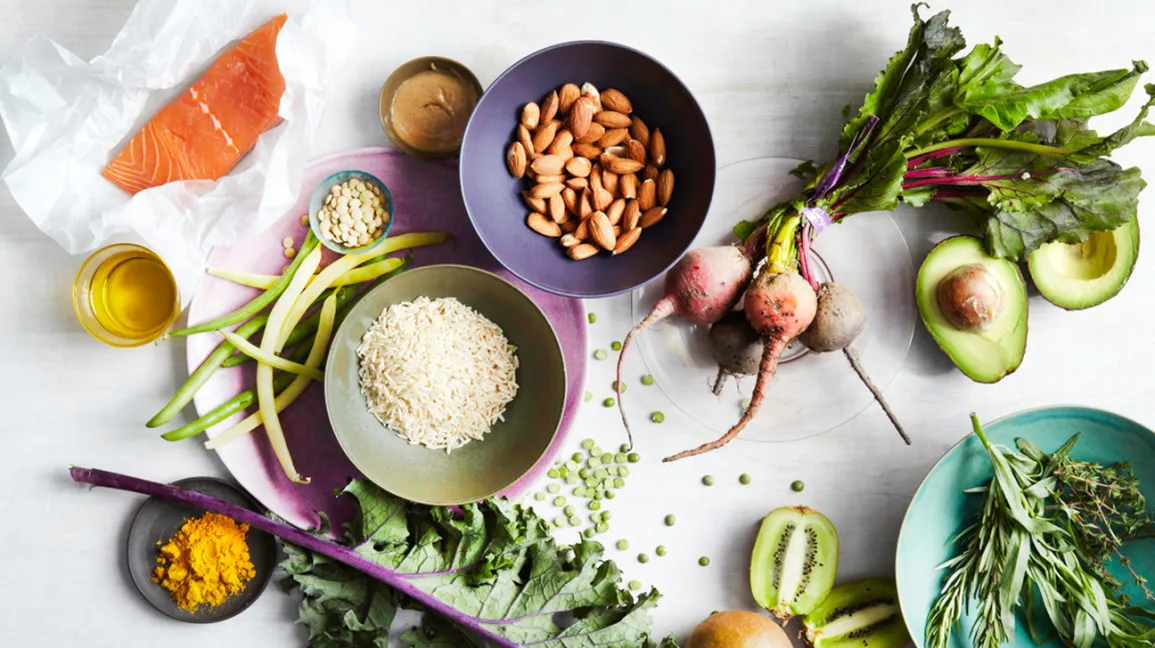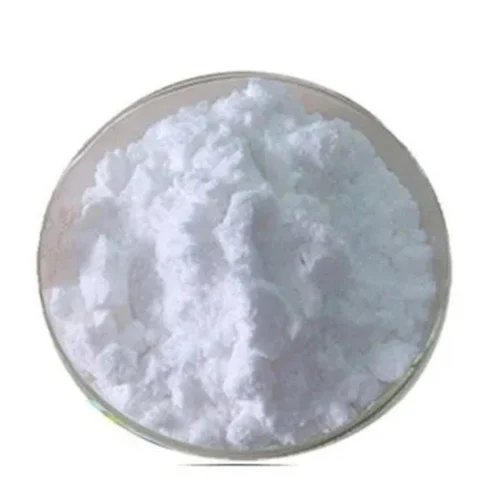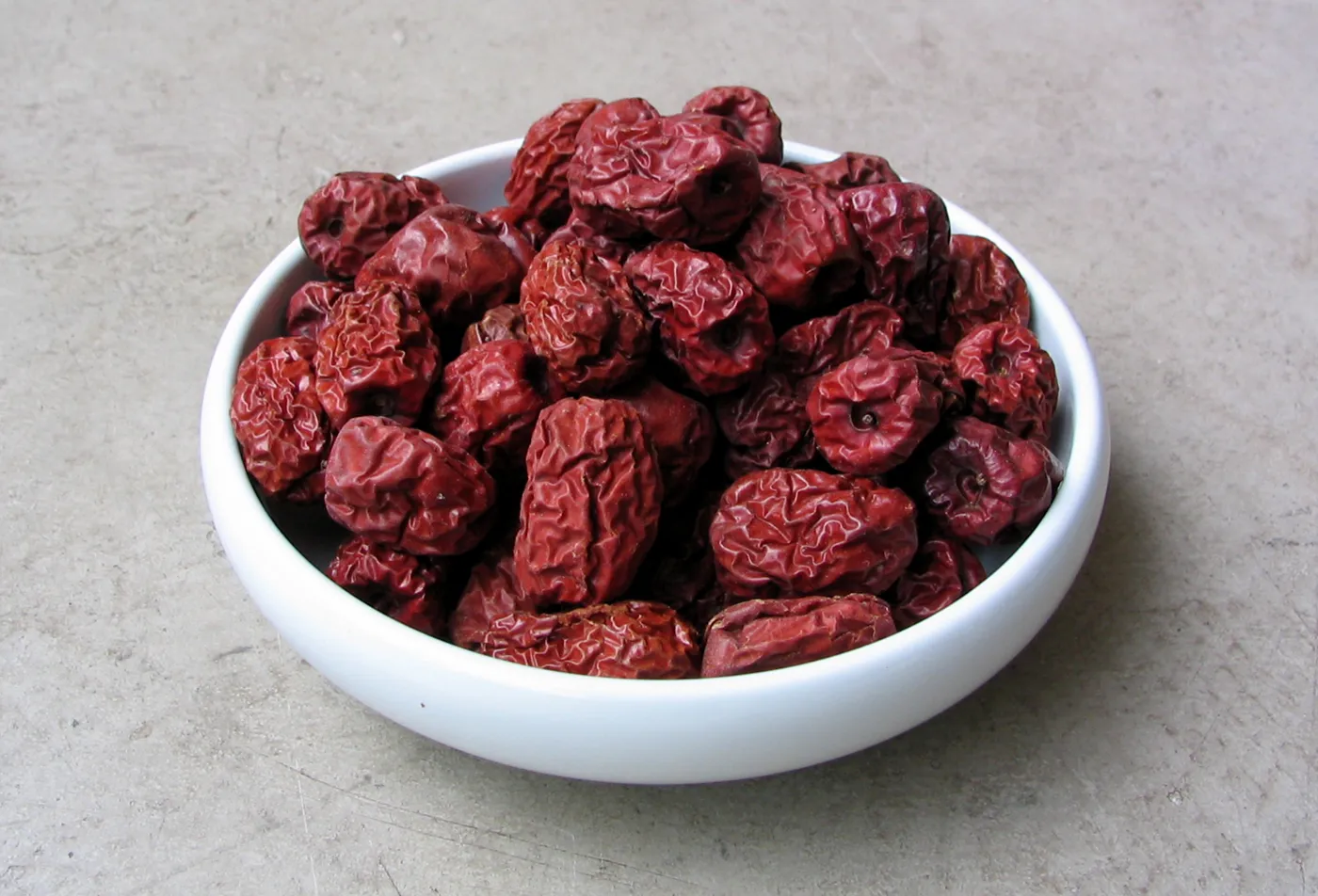Introduction
In today’s fast-paced world, many individuals are seeking ways to lead healthier lifestyles while also caring for the environment. One of the most compelling paths to achieving this balance is through ỏganic living. This blog post is your definitive guide to understanding the myriad benefits of incorporating organic products into your daily life. From food and skincare to cleaning products and clothing, we’ll explore various aspects of ỏganic living that cater specifically to eco-conscious consumers, health enthusiasts, and organic food advocates. By the end of this post, you’ll be well-equipped with practical tips and insightful information to make informed choices that benefit both your well-being and the planet.
What Does ỏganic Really Mean?
ỏganic products are those that are grown, processed, and manufactured without the use of synthetic chemicals, pesticides, or genetically modified organisms (GMOs). The term “ỏganic” extends beyond just food items; it encompasses everything from skincare products to textiles. When you choose ỏganic, you are committing to a lifestyle that prioritizes natural processes and sustainability. Organic farming practices aim to enhance soil fertility, conserve water, and promote biodiversity.
Another key aspect of ỏganic products is their certification. Look for labels like USDA Organic, which ensures that the product meets stringent guidelines set by the United States Department of Agriculture. This certification guarantees that at least 95% of the ingredients are organic. Many consumers are drawn to ỏganic products because they are perceived to be healthier and safer. Studies have shown that ỏganic foods often contain higher levels of antioxidants and lower levels of harmful chemicals.
The Health Benefits of Organic Food
One of the most compelling reasons to switch to organic food is its numerous health benefits. ỏganic fruits and vegetables are often richer in essential nutrients like vitamins, minerals, and antioxidants compared to their conventionally grown counterparts. For instance, a study published in the British Journal of Nutrition found that ỏganic crops have up to 69% more important antioxidants than non-organic crops.
Consuming organic food also reduces your exposure to harmful pesticides and chemicals. These substances have been linked to various health issues, including hormonal imbalances and increased cancer risk. By choosing ỏganic, you minimize these risks and invest in your long-term health. Additionally, ỏganic livestock is usually raised without antibiotics or growth hormones, which can contribute to the development of antibiotic-resistant bacteria harmful to humans.
Beyond just physical health, ỏganic foods can also have a positive impact on mental well-being. Knowing that you are making choices that are better for your health and the environment can contribute to a sense of satisfaction and peace of mind. This holistic approach to well-being is one of the many reasons why more people are making the switch to ỏganic.
Organic Skincare for a Healthier You
Just as ỏganic food nourishes your body from the inside, ỏganic skincare products provide benefits from the outside. Our skin is our largest organ and absorbs a significant amount of what we apply to it. Therefore, using products free from synthetic chemicals and toxins is crucial for maintaining healthy skin. ỏganic skincare products are formulated with natural ingredients like essential oils, plant extracts, and herbs.
These ingredients offer numerous benefits, including anti-inflammatory properties and antioxidants that help combat aging and skin damage. For example, ỏganic aloe vera and chamomile are known for their soothing properties, making them ideal for sensitive skin. ỏganic products are also less likely to cause allergic reactions or irritate the skin. This makes them a safer choice, especially for those with sensitive skin or conditions like eczema and psoriasis.
Another advantage of ỏganic skincare is its environmental impact. Conventional beauty products often contain microplastics and other pollutants that can harm aquatic life when washed down the drain. By opting for ỏganic, you are also choosing a more sustainable and eco-friendly option, contributing to the overall health of our planet.

The Environmental Impact of ỏganic Farming
Organic farming is not just about producing healthier food; it’s also about fostering a healthier planet. One of the primary benefits of organic farming is its positive impact on soil health. Organic farming practices, such as crop rotation and the use of compost, naturally enrich the soil, making it more fertile and sustainable in the long run. This is crucial for maintaining high agricultural productivity and ensuring food security for future generations.
Water conservation is another significant benefit of organic farming. Conventional farming often relies on chemical fertilizers and pesticides, which can contaminate water sources. In contrast, organic farming minimizes the use of these harmful chemicals, reducing the risk of water pollution. Additionally, organic farming techniques often require less water overall, making it a more sustainable choice in areas prone to drought.
Biodiversity is another area where organic farming shines. By avoiding synthetic chemicals and promoting natural pest control methods, organic farms create a more balanced ecosystem. This encourages a variety of plant and animal species to thrive, contributing to overall environmental health. Biodiversity is essential for resilience against pests and diseases, making organic farming more sustainable in the long term.
Financial Benefits of Choosing Organic
While it’s true that organic products can be more expensive upfront, they offer several financial benefits in the long run. For starters, consuming organic food can reduce healthcare costs by minimizing your exposure to harmful chemicals and toxins. Fewer health issues mean fewer trips to the doctor and less money spent on medications.
Additionally, organic products often last longer than their conventional counterparts. For example, organic fruits and vegetables tend to stay fresh longer because they are grown without synthetic preservatives. This means less food waste and more value for your money. Similarly, organic clothing made from natural fibers like cotton and wool is often more durable and long-lasting, reducing the need for frequent replacements.
Many consumers find that the overall quality and taste of organic products justify the higher cost. Organic foods are often fresher and more flavorful, making them a more enjoyable dining experience. This increased satisfaction can lead to better eating habits and a healthier lifestyle, which offers its own set of long-term financial benefits.
How to Start Your Organic Journey
Starting your organic journey can be both exciting and overwhelming. The key is to take small, manageable steps that fit into your lifestyle. Begin by incorporating a few organic items into your diet. Start with staple foods like fruits, vegetables, and dairy products. Over time, you can expand to include organic grains, meats, and packaged foods.
Next, consider switching to organic skincare and personal care products. Look for certifications like USDA Organic or Ecocert to ensure the products meet rigorous organic standards. Experiment with different brands to find what works best for your skin type and needs. Remember, the goal is to make choices that are sustainable for both you and the environment.
Finally, join communities and forums focused on organic living. These platforms can provide valuable tips, product recommendations, and support as you transition to an organic lifestyle. Engaging with like-minded individuals can make the process more enjoyable and rewarding. Plus, you’ll be part of a growing movement that prioritizes health, sustainability, and ethical consumerism.
Organic Clothing and Textiles
The benefits of organic living extend beyond food and skincare to include clothing and textiles. Organic cotton, for example, is grown without synthetic pesticides or fertilizers, making it a more sustainable choice. Organic textiles are also free from harmful dyes and chemicals, which can cause skin irritation and other health issues.
Choosing organic clothing is not just about personal health; it’s also about supporting ethical and sustainable practices. Organic farming methods are designed to minimize environmental impact, making them a more responsible choice. Additionally, many organic clothing brands prioritize fair trade practices, ensuring that workers are paid fairly and work in safe conditions.
Investing in organic clothing can also be financially beneficial in the long run. Organic textiles are often more durable and long-lasting, reducing the need for frequent replacements. Plus, the higher quality of organic materials can lead to greater comfort and satisfaction, making it a worthwhile investment.
Organic Cleaning Products
Switching to organic cleaning products is another way to enhance your health and protect the environment. Conventional cleaning products often contain harsh chemicals that can cause respiratory issues, skin irritation, and other health problems. Organic cleaning products, on the other hand, use natural ingredients like vinegar, baking soda, and essential oils.
These natural ingredients are just as effective at cleaning and disinfecting as their chemical counterparts but without the harmful side effects. For example, vinegar is a powerful disinfectant that can kill bacteria and viruses, while baking soda is excellent for scrubbing and deodorizing. Essential oils like tea tree and lavender add a pleasant scent and have natural antibacterial properties.
Using organic cleaning products also reduces your environmental footprint. Conventional cleaning products can release harmful chemicals into the air and water, contributing to pollution and harming wildlife. Organic products are biodegradable and non-toxic, making them a safer choice for your home and the planet.
The Role of Organic Certification
Understanding organic certification is crucial for making informed choices. Certifications like USDA Organic, Ecocert, and Soil Association Organic ensure that products meet stringent organic standards. These certifications cover various aspects, including the absence of synthetic chemicals, GMOs, and environmentally harmful practices.
When shopping for organic products, look for these certification labels to ensure you’re getting genuine organic items. These certifications provide transparency and trust, allowing consumers to make confident choices. They also encourage producers to maintain high standards, contributing to the overall integrity of the organic market.
It’s essential to stay informed about new developments in organic certification. Standards can evolve, and new certifications may emerge. Keeping up-to-date ensures that you continue to make the best choices for your health and the environment.

The Future of Organic Living
The future of organic living looks promising as more consumers and businesses recognize its benefits. Advances in technology and farming practices are making organic products more accessible and affordable. For example, innovations in vertical farming and hydroponics are increasing the yield and reducing the cost of organic produce.
Consumer demand is also driving growth in the organic market. More people are becoming aware of the health and environmental benefits of organic products, leading to increased availability and variety. This trend is encouraging more businesses to adopt organic practices, further expanding the market.
The rise of e-commerce is making it easier than ever to access organic products. Online platforms offer a wide range of organic options, often at competitive prices. This convenience is helping to drive the adoption of organic living, making it accessible to a broader audience.
Community and Support
Building a community around organic living can provide valuable support and motivation. Joining local organic food co-ops, attending farmers’ markets, and participating in online forums are great ways to connect with like-minded individuals. These communities offer opportunities to share tips, ask questions, and learn from others’ experiences.
Engaging with a community can make the transition to organic living more enjoyable and sustainable. It provides a sense of belonging and shared purpose, reinforcing your commitment to health and sustainability. Plus, it offers opportunities to discover new products, recipes, and practices that can enhance your organic lifestyle.
Don’t underestimate the power of community in driving change. By supporting and advocating for organic practices, you contribute to a larger movement that prioritizes health, sustainability, and ethical consumerism.
Closing Thoughts
Organic living offers numerous benefits, from improved health and well-being to environmental sustainability and ethical consumerism. By making more informed choices, you can enjoy these benefits while contributing to a better world. Whether you’re just starting your organic journey or looking to deepen your commitment, this guide provides valuable insights and practical tips to help you along the way.
Remember, the transition to organic living is a process, not an overnight change. Take small steps, stay informed, and engage with your community. Every choice you make contributes to your health and the well-being of our planet.
If you’re ready to take the next step in your organic journey, consider signing up for our newsletter. Get the latest tips, product recommendations, and exclusive offers delivered straight to your inbox. Together, we can make a meaningful impact, one organic choice at a time.












